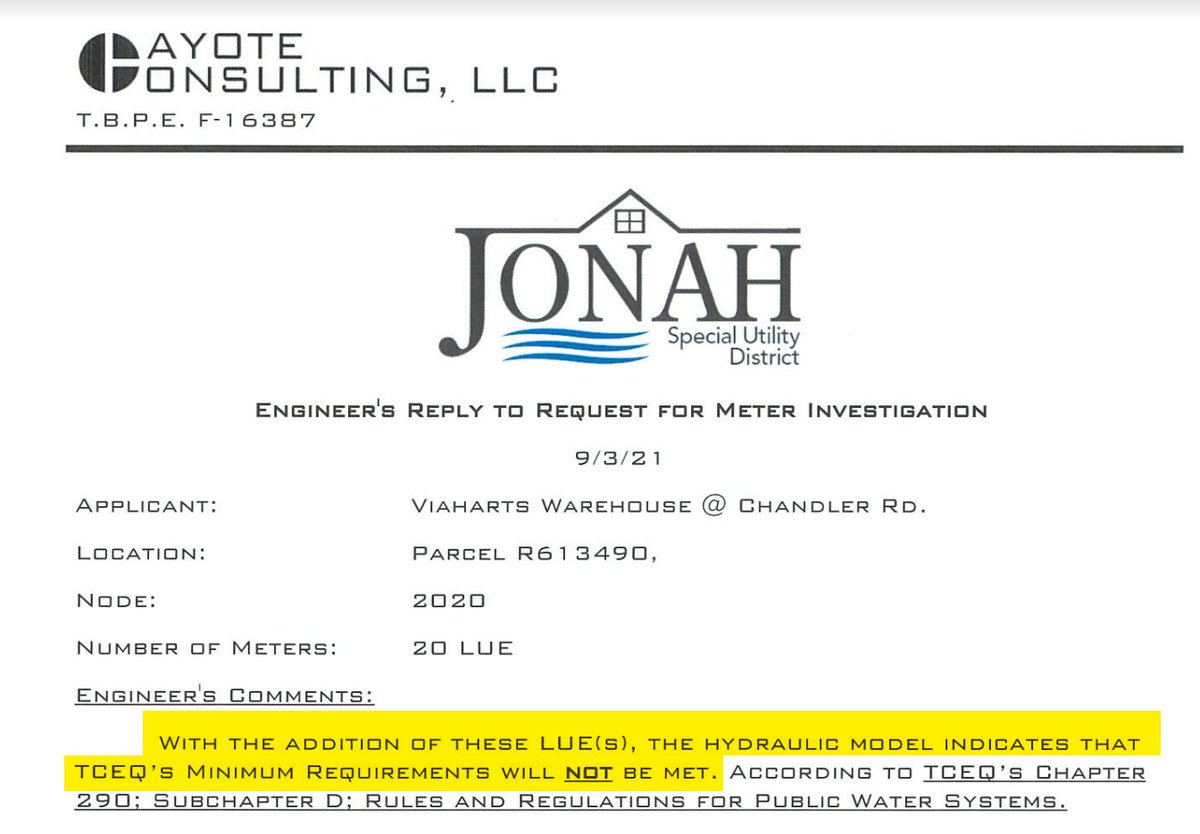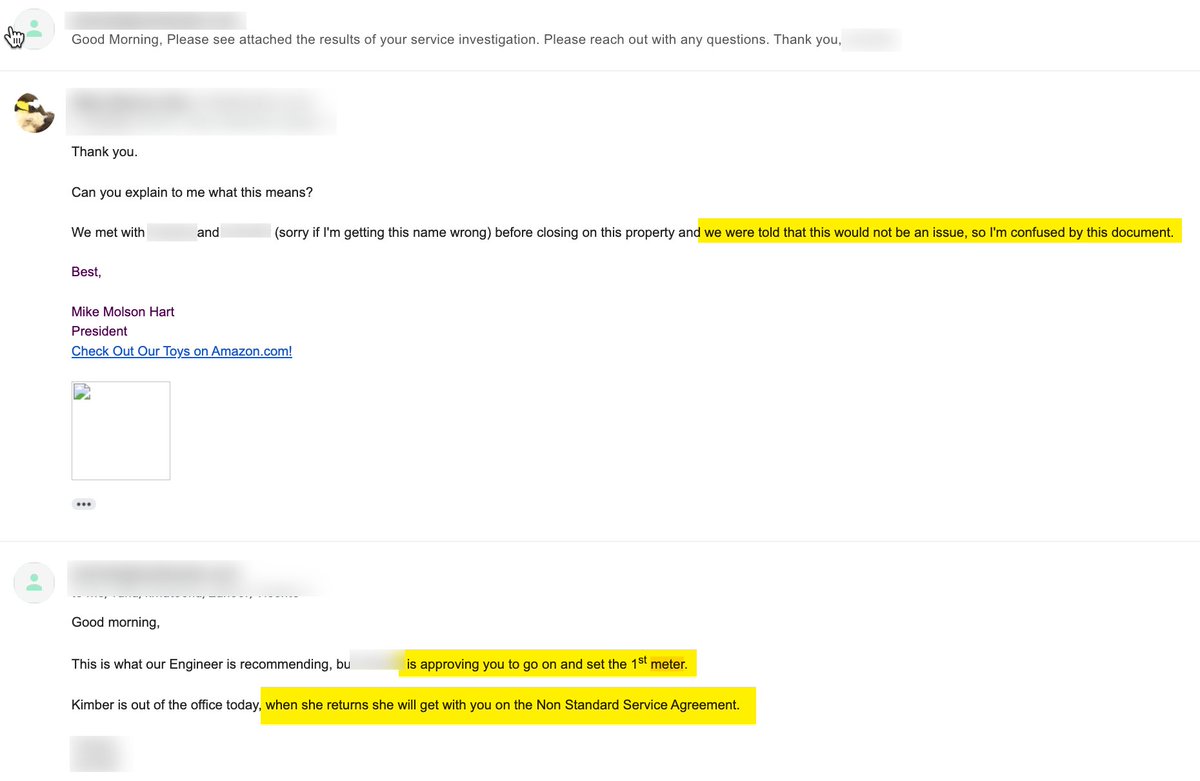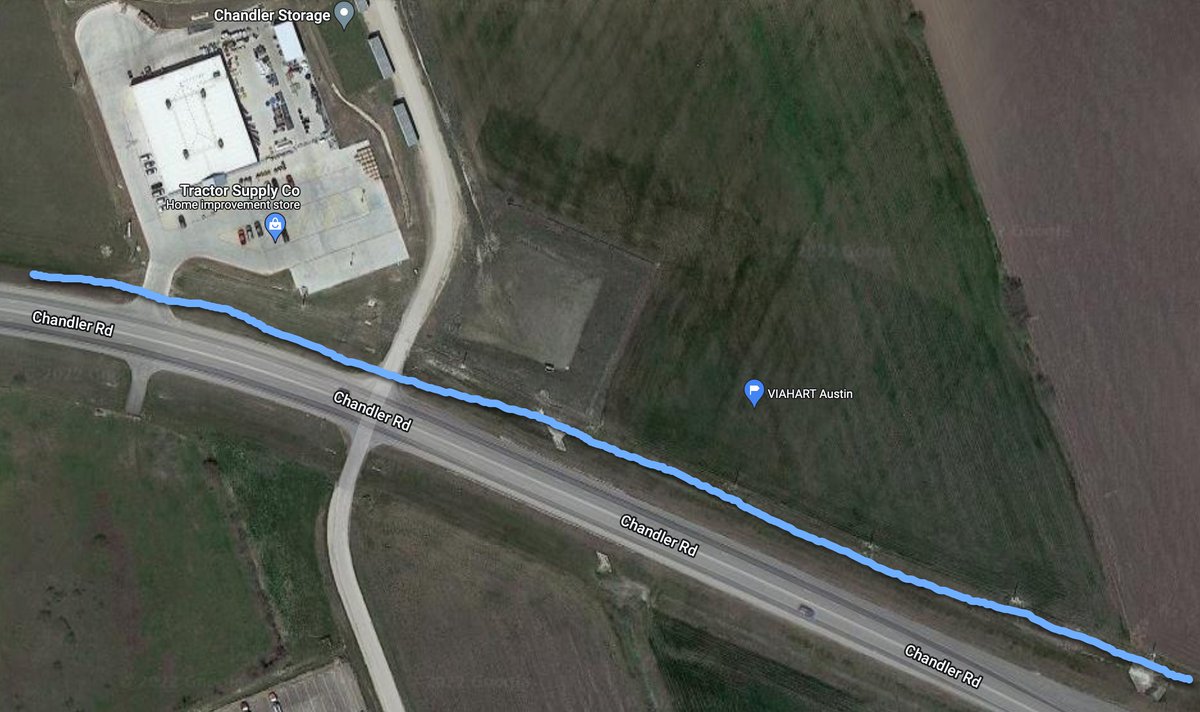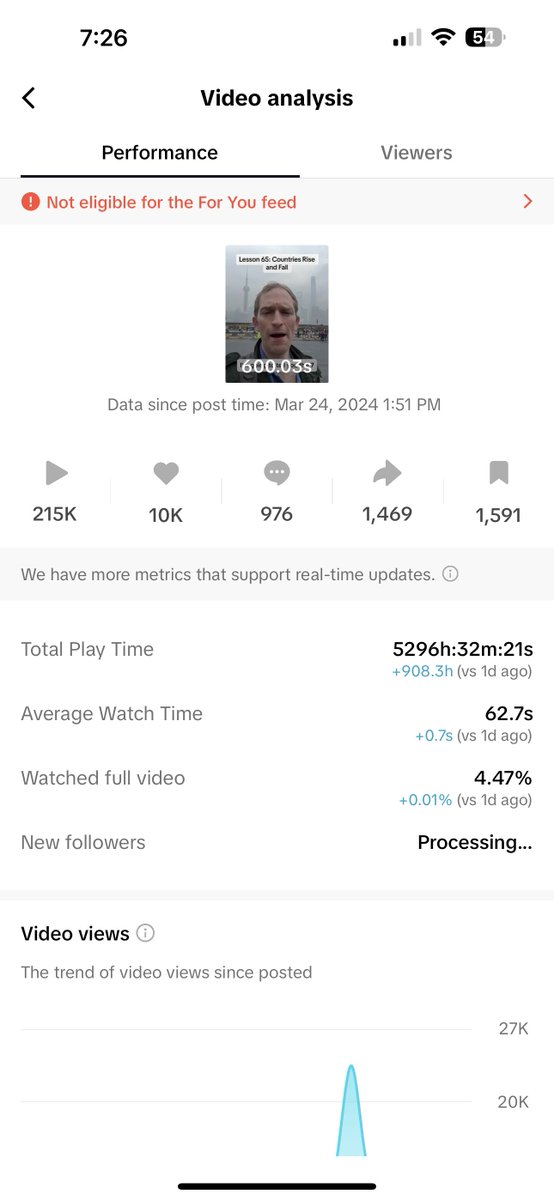My company needed a warehouse and there were no warehouses in Austin so I decided to build one.
I found a nice plot of land that was on the same highway as Tesla (and now near the new Samsung development) and said "this is where we will build!"
I found a nice plot of land that was on the same highway as Tesla (and now near the new Samsung development) and said "this is where we will build!"
Unfortunately, I have zero experience doing this.
After we got some land under contract (I know. It's beautiful.) I literally had to call my broker and ask "So what do I do now?"
"You need a civil engineer."
After we got some land under contract (I know. It's beautiful.) I literally had to call my broker and ask "So what do I do now?"
"You need a civil engineer."

That was news to me because I had just googled "what does an architect do" and I thought I had everything buttoned up.
That was not the case.
That was not the case.
As I was calling around, I kept on hearing about this company (technically, in Texas, it's called a SUD) called Jonah Water.
Everyone seemed to hate them.
They were our water provider. While this land was "under contract" I needed to figure out if we could get water.
Everyone seemed to hate them.
They were our water provider. While this land was "under contract" I needed to figure out if we could get water.

When you have land under contract, typically you get 90 days to figure out if you want to go through the transaction.
This is longer than the typical house purchase.
I guess the reason behind this is that land is more complicated to evaluate.
This is longer than the typical house purchase.
I guess the reason behind this is that land is more complicated to evaluate.
Anyways, by the end of the 90 days, it wasn't really clear if we could...get water.
This didn't make any sense to me because I've had water everywhere I've ever been in the US.
Neighbors had water too.
How could we not have water?
This didn't make any sense to me because I've had water everywhere I've ever been in the US.
Neighbors had water too.
How could we not have water?
I wanted to make sure before we made this massive commitment to building a warehouse on our strip of land so I went to Jonah Water and had a face to face.
"We're going to get you water."
And we shook hands.
Cool.
And we closed on the property.
"We're going to get you water."
And we shook hands.
Cool.
And we closed on the property.
Now we own the land and we're going to build, so it's time for us to get this water company to agree to our plans and give us water.
They asked us to pay for a engineer's study.
After 50 days we got the results.
Huh that's weird. We can't get water.
They asked us to pay for a engineer's study.
After 50 days we got the results.
Huh that's weird. We can't get water.

So I asked what this meant and was informed that we had been approved for the first meter and that our contract would be coming shortly. 

After 70 days of regular e-mail follow ups and calls, we got the contract (which seems to be identical to what everyone gets but with our name on it).
Let's break down what they want us to pay:
Let's break down what they want us to pay:
$5,000 per LUE. LUE is a living unit equivalent. It's the amount of water estimated needed for a house.
We're building a warehouse and we need almost no water.
Doesn't matter, they tell us how much water we need and it will be 20 LUEs which is $100,000.
Ok then.
We're building a warehouse and we need almost no water.
Doesn't matter, they tell us how much water we need and it will be 20 LUEs which is $100,000.
Ok then.

The water line is literally on our property so I have no idea why they need this money, but okay $100k, we'll make it work. 

They're also going to need these other fees.
I estimate the full cost to be $150,000 to $250,000 to connect the water line (we also have to pay for all the construction and water separately).
I estimate the full cost to be $150,000 to $250,000 to connect the water line (we also have to pay for all the construction and water separately).

And after you pay all that money, there is no guarantee that they actually provide you with water.
Yes you read that right.
Yes you read that right.

Surely this must just be a misunderstanding or just their opening negotiation position?
Nope. The contract is not negotiable.
Nope. The contract is not negotiable.

It's good to be the king.
Or more accurately, it's good to be a monopoly water provider in an undeveloped part of Texas where there are no alternatives besides...
Or more accurately, it's good to be a monopoly water provider in an undeveloped part of Texas where there are no alternatives besides...
Building a well.
So that is what we are going to try to do.
We're going to try to build a well to get water to our buildings. The problem is, if you have more than 25 employees on site, you qualify as a Texas Water system (what Jonah is) and you have to
So that is what we are going to try to do.
We're going to try to build a well to get water to our buildings. The problem is, if you have more than 25 employees on site, you qualify as a Texas Water system (what Jonah is) and you have to
do crazy amounts of regulatory work in order to operate.
In summary, what did I do wrong?
1. I assumed that we could get water.
2. I assumed that we'd be able to work something out based on a handshake
3. I then assumed that the water procurement process wouldn't take forever
In summary, what did I do wrong?
1. I assumed that we could get water.
2. I assumed that we'd be able to work something out based on a handshake
3. I then assumed that the water procurement process wouldn't take forever
4. I should've listened to the red flags that were everywhere and either gotten a written commitment from Jonah or pulled out of the project. Assume makes an "ass" out of "u" and "me" as they say.
Now that sucks for us, but, we're not the only ones footing this bill!
Now that sucks for us, but, we're not the only ones footing this bill!
We were going to bring a lot of jobs to the area and so were many other companies.
But Jonah Water, by shaking us down for $100,000s is preventing that from happening.
So fewer jobs, less development, which means less tax dollars for gov't agencies Texas needs to function!
But Jonah Water, by shaking us down for $100,000s is preventing that from happening.
So fewer jobs, less development, which means less tax dollars for gov't agencies Texas needs to function!
I hope @PUCTX @TCEQ @wilcogov @GregAbbott_TX can read this and do something about it, not just for us, but for all the other companies who want to bring jobs to Texas, or the people who want to move to Texas, too!
This isn't right and Texas needs to fix it!
This isn't right and Texas needs to fix it!
@PUCTX @TCEQ @wilcogov @GregAbbott_TX Forgot to credit this Jonah Water image
in.pinterest.com/pin/4038462915…
in.pinterest.com/pin/4038462915…
• • •
Missing some Tweet in this thread? You can try to
force a refresh





























